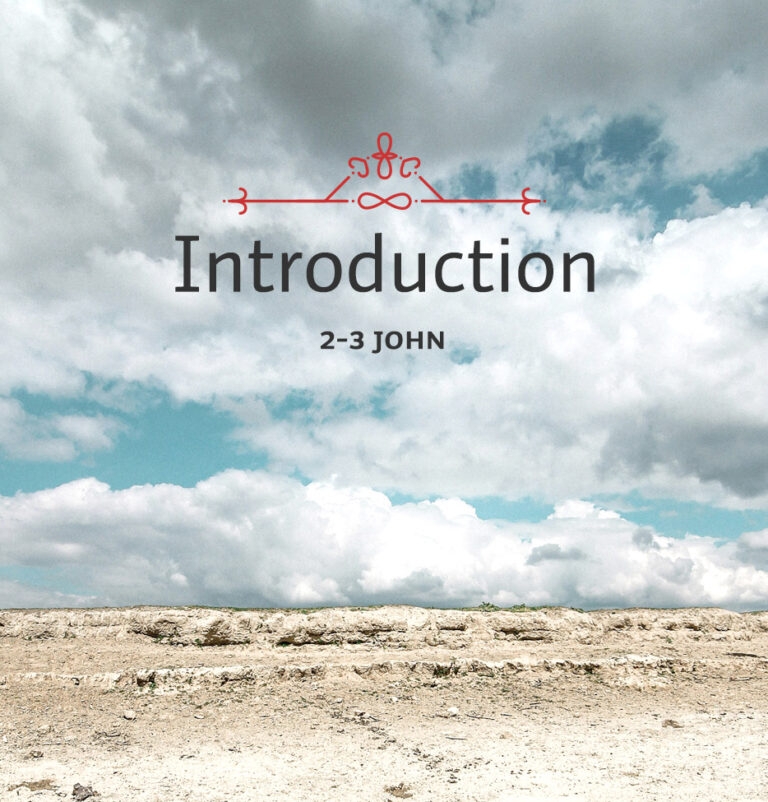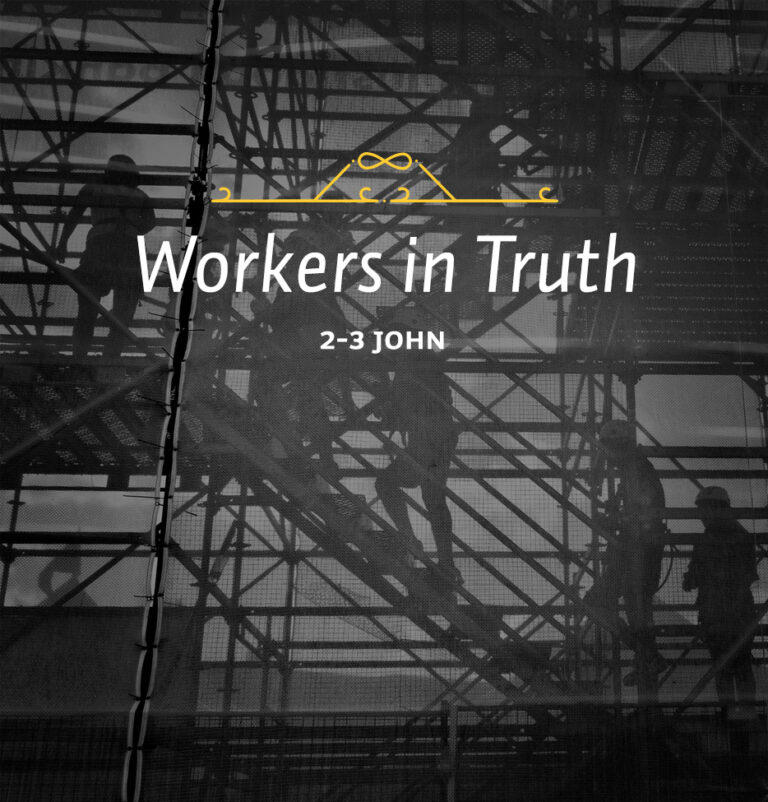
Monday: The Immediate Problem
The letters of 2 and 3 John are the shortest books of the New Testament, shorter even than Jude or Philemon which also each have only one chapter. But this does not mean that either 2 or 3 John is insignificant. To be sure, in some ways each merely repeats the general message of 1 John, which is longer. But the repetitions are made in two distinct contexts which in turn give a unique direction to the letters and call forth new emphases.




